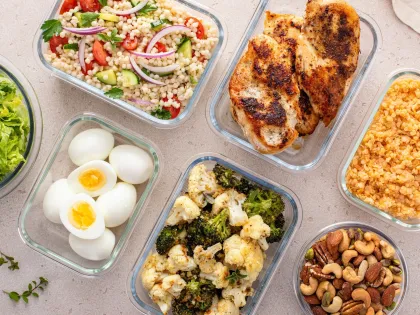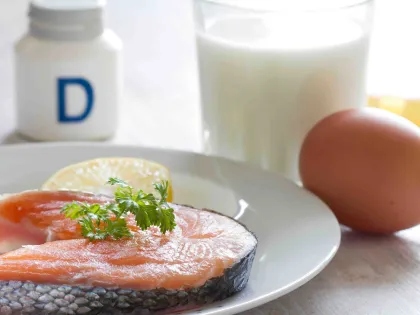Weight loss is never easy but a little common sense can go a long way in helping you achieve your goals. If you are planning to lose weight, here are some things to keep in mind:
- Clarify your reasons for weight loss and identify your “dream” weight versus your “acceptable” weight
- Set an initial weight loss goal of 5% to 10% of your starting weight or around 0.5 to 1kg per week
- Participate fully in your diet and exercise program. The more sessions you attend or the more entries you make in web programs, the more weight you lose
- Enlist the help of a weight-loss professional such as a dietitian, or another person trying to lose weight
- Self-monitor both your physical activity and eating habits to make sure there is an increase in the kilojoules you burn up in exercise and a decrease in your kilojoules intake
- Hang in there – the National Weight Control Registry of people who have kept at least 13 kg off for five years report that it does get easier over time
For more information, check this out: https://theconversation.com/you-dont-have-to-be-the-biggest-loser-to-achieve-weight-loss-success-11587.













